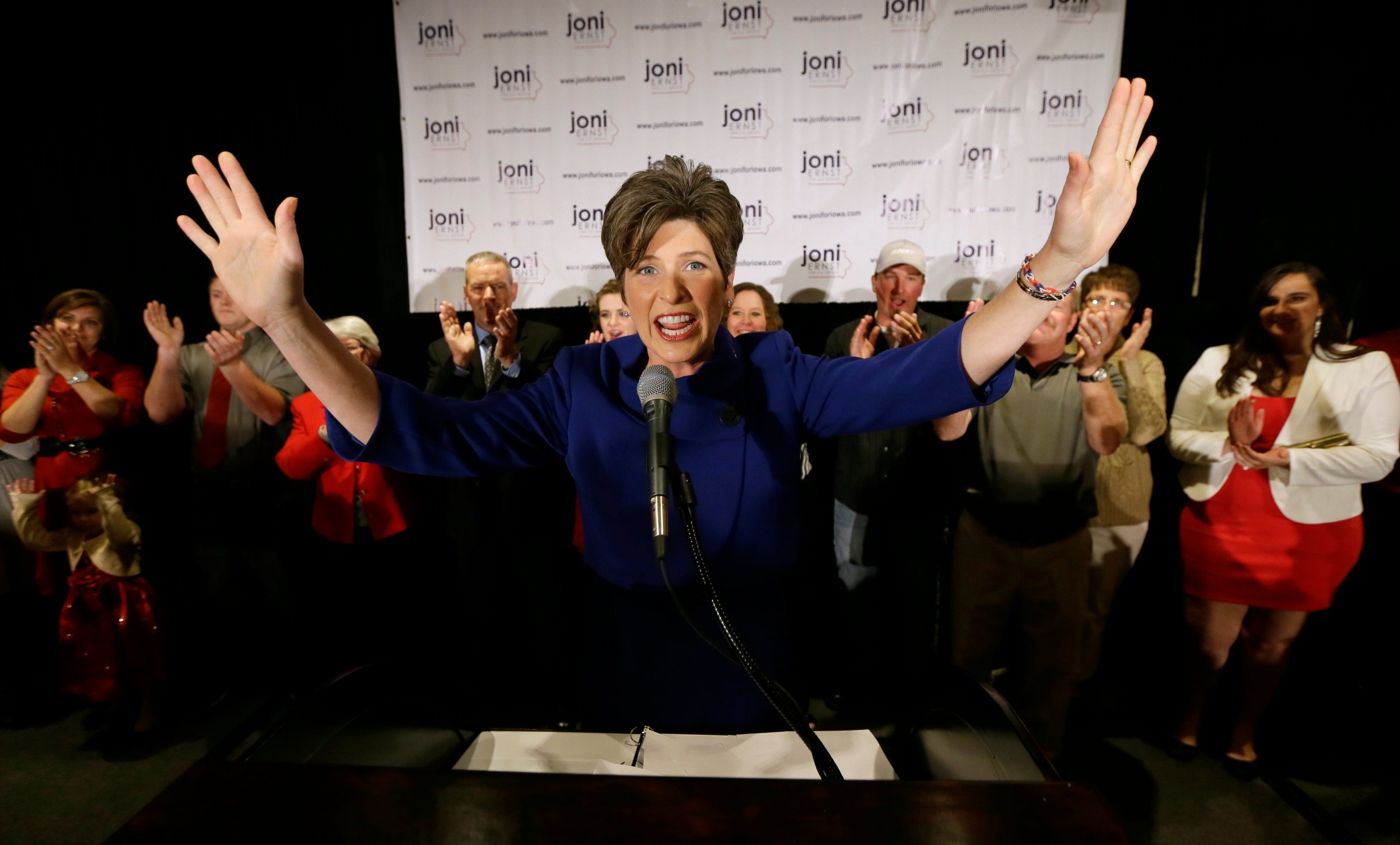
On Oct. 1, 2013, 16 potential Senate Republican candidates were met at baggage claim in Washington, D.C.’s Reagan National Airport by trackers—those annoying, hyperactive, politics-obsessed, camera-wielding twentysomethings whose job is to make a candidate lose his or hers. After a series of fundraising events and policy briefings, the candidates met at the offices of the National Republican Senatorial Committee and recounted their stories with tales of their personal, belligerent Democrat.
“We said that’s interesting; We’d like to show you the video of you and how you reacted to the tracker because we put those trackers on you,” said Sen. Rob Portman, the NRSC Finance Vice Chairman. “The trackers were particularly aggressive … We had footage of them saying things to the tracker they shouldn’t have or being too frustrated with the tracker. I think in some cases even kind of block a tracker from some event.”
“It was just a good experience for a lot of them because most of them had never had the experience with having someone with a camera three inches from their face following them around,” added Portman.
MORE: See all the election results
The NRSC’s airport hounding was unprecedented, according to its chairman, Kansas Republican Senator Jerry Moran, and so was the size of its media training, which was made mandatory for the first time for candidates that wanted their financial support. “That was our leverage,” said Moran.
The training proved a prescient response to the 2014 cycle in which every move was videotaped: when New Hampshire hopeful Scott Brown canoed the Contoocook River with a county sheriff to promote the state’s tourism industry, third party opposition group American Bridge sent a tracker by kayak.
“[Virginia Republican candidate] Ed Gillespie has had three trackers on him for most of his campaign,” said NRSC Executive Director Rob Collins. “Three separate ones. So it’s just a course of learning how to deal with this new wrinkle in the campaign environment, which is reality TV presence of cameras in your life. You just kind of hunker down. I think the training worked. I don’t think you’ve seen a lot of Republicans saying things that they later regretted.”
That’s a huge victory for a Republican party that has had some high-profile difficulties with trackers and gaffes in the past. In 2006, Sen. George Allen (R-Va.) lost a very close race after referring to a Democratic tracker as a “macaca.” In 2012, Todd Akin, the Senate GOP candidate in Missouri, had a gaffe so big—“If it’s a legitimate rape, the female body has ways to try to shut that whole thing down”—that it destroyed his candidacy and imperiled Republicans’ chances to take the Senate. In this cycle, no candidate has had made a mistake as big as Akin, according to John Sides, a George Washington University Associate Professor and co-author of the book The Gamble, which punctured convention wisdom on the weight of various gaffes during the 2012 presidential election.
Photos: Meet America's 10 Newest Senators
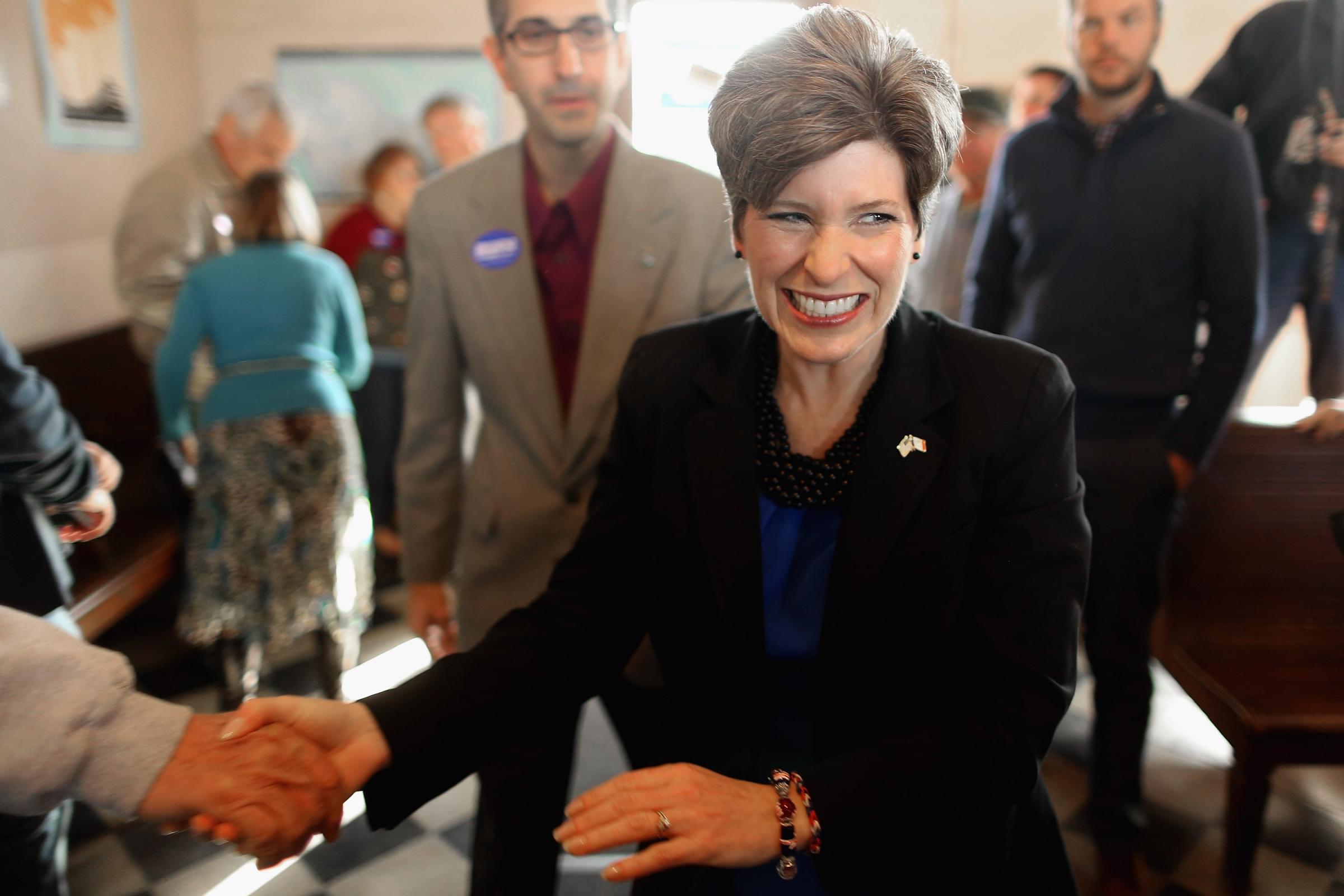

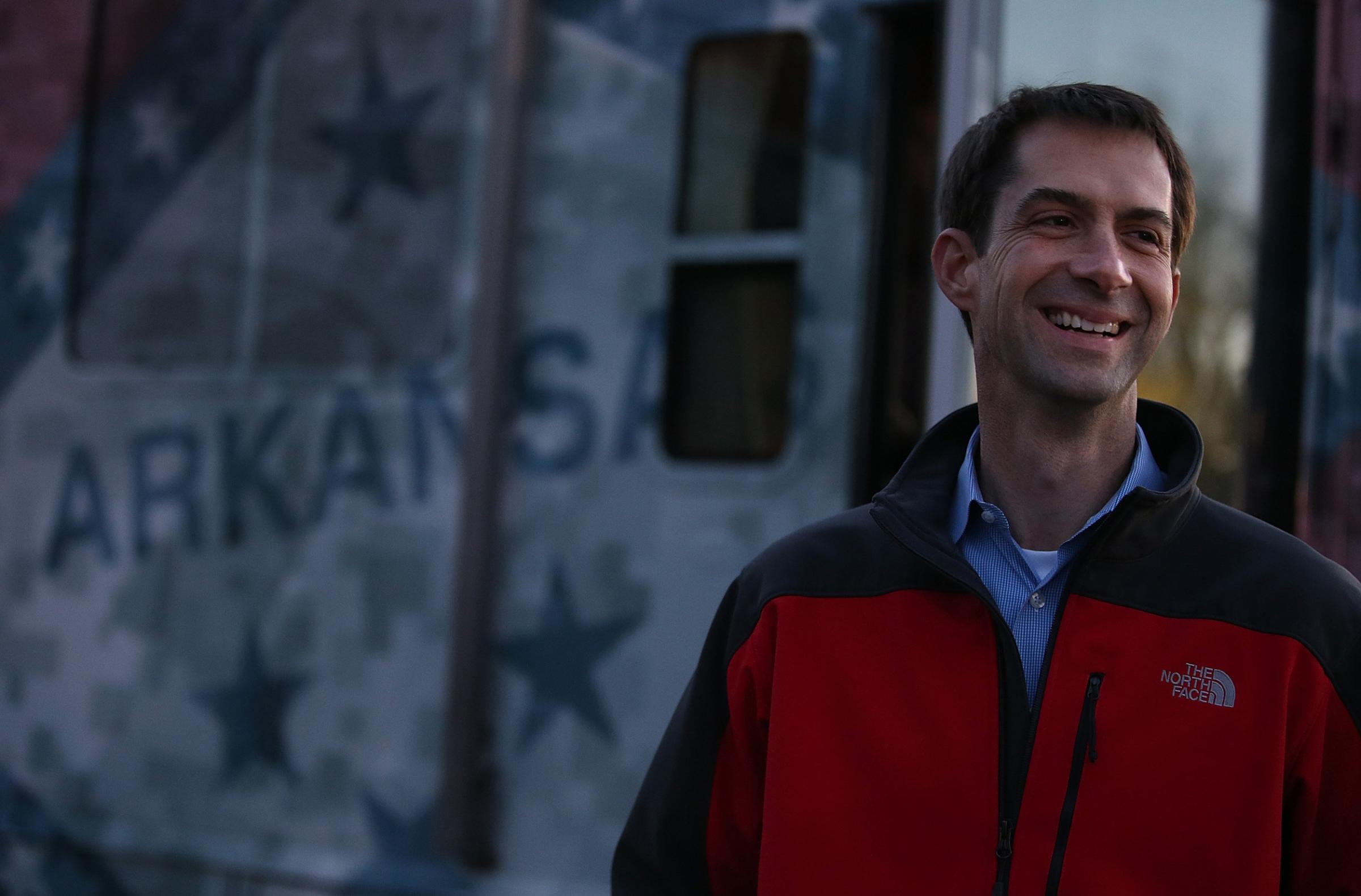
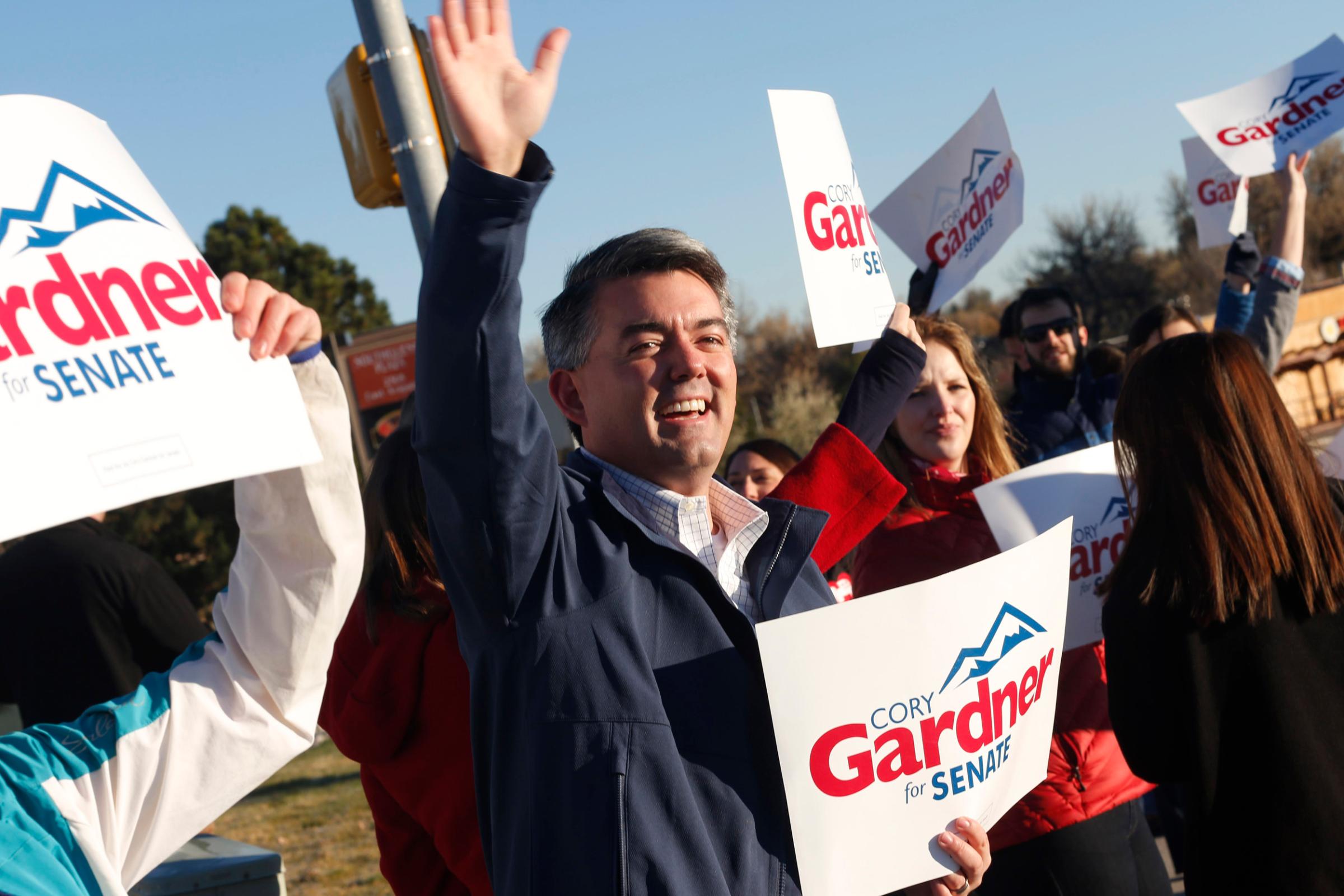
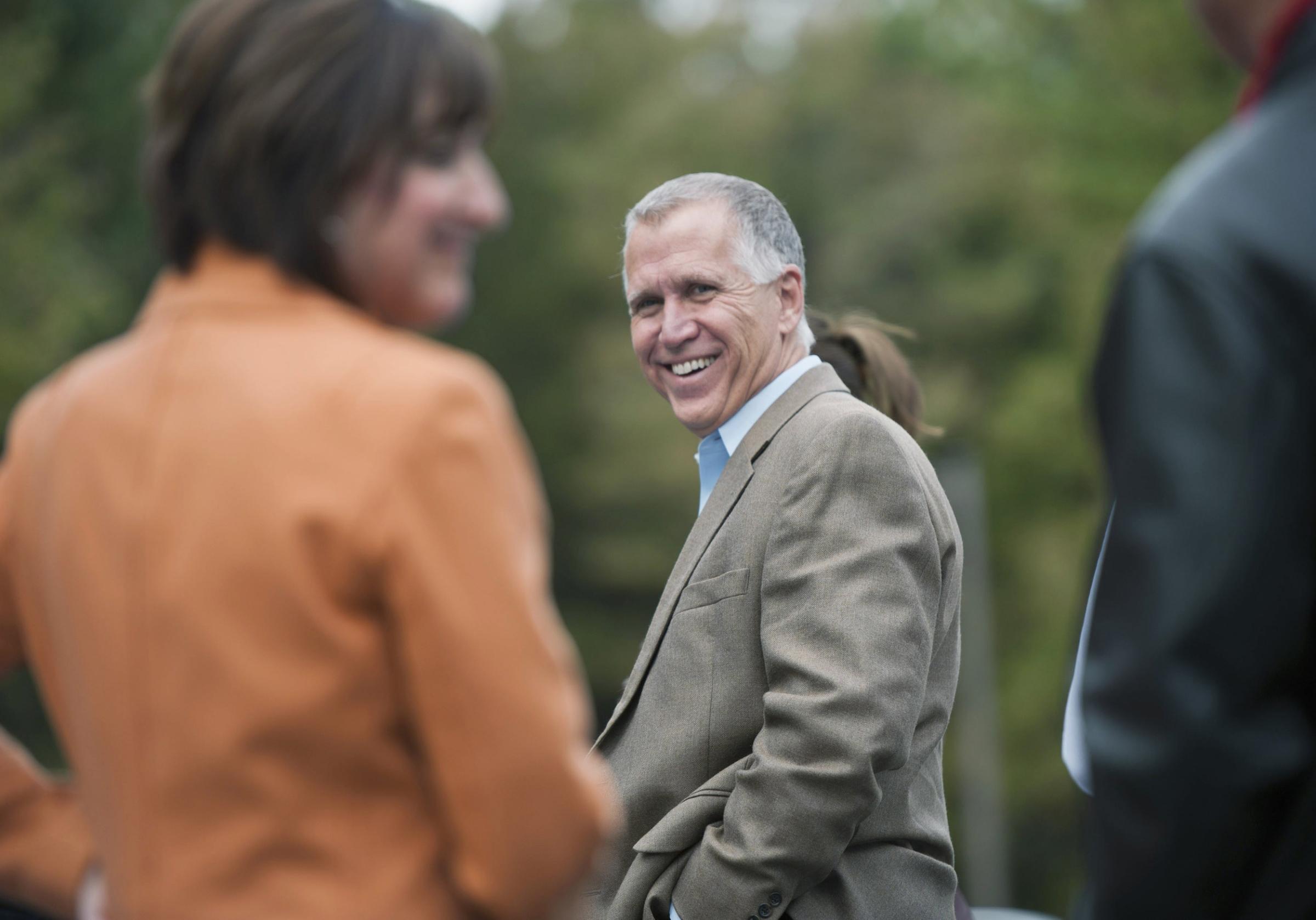
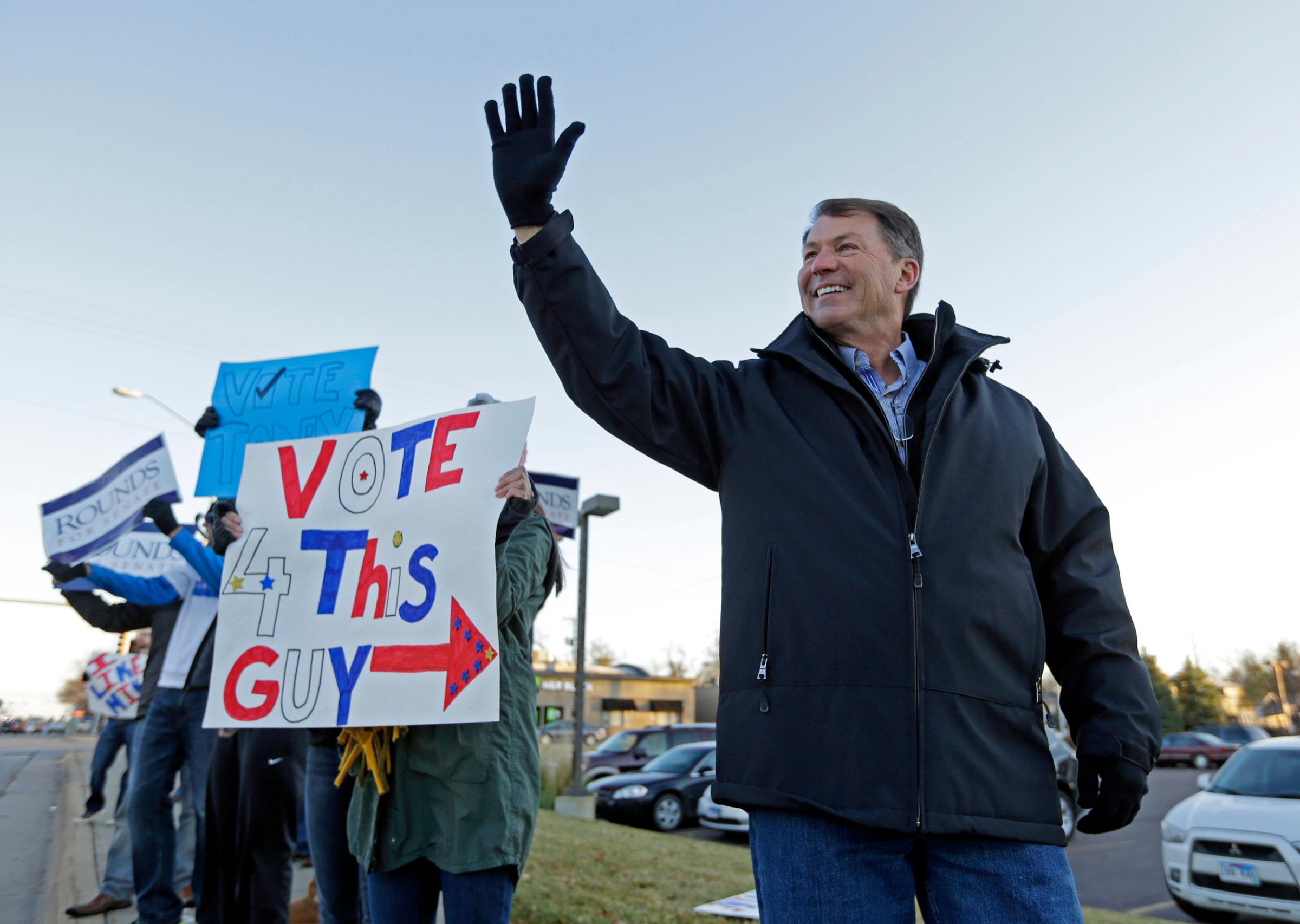
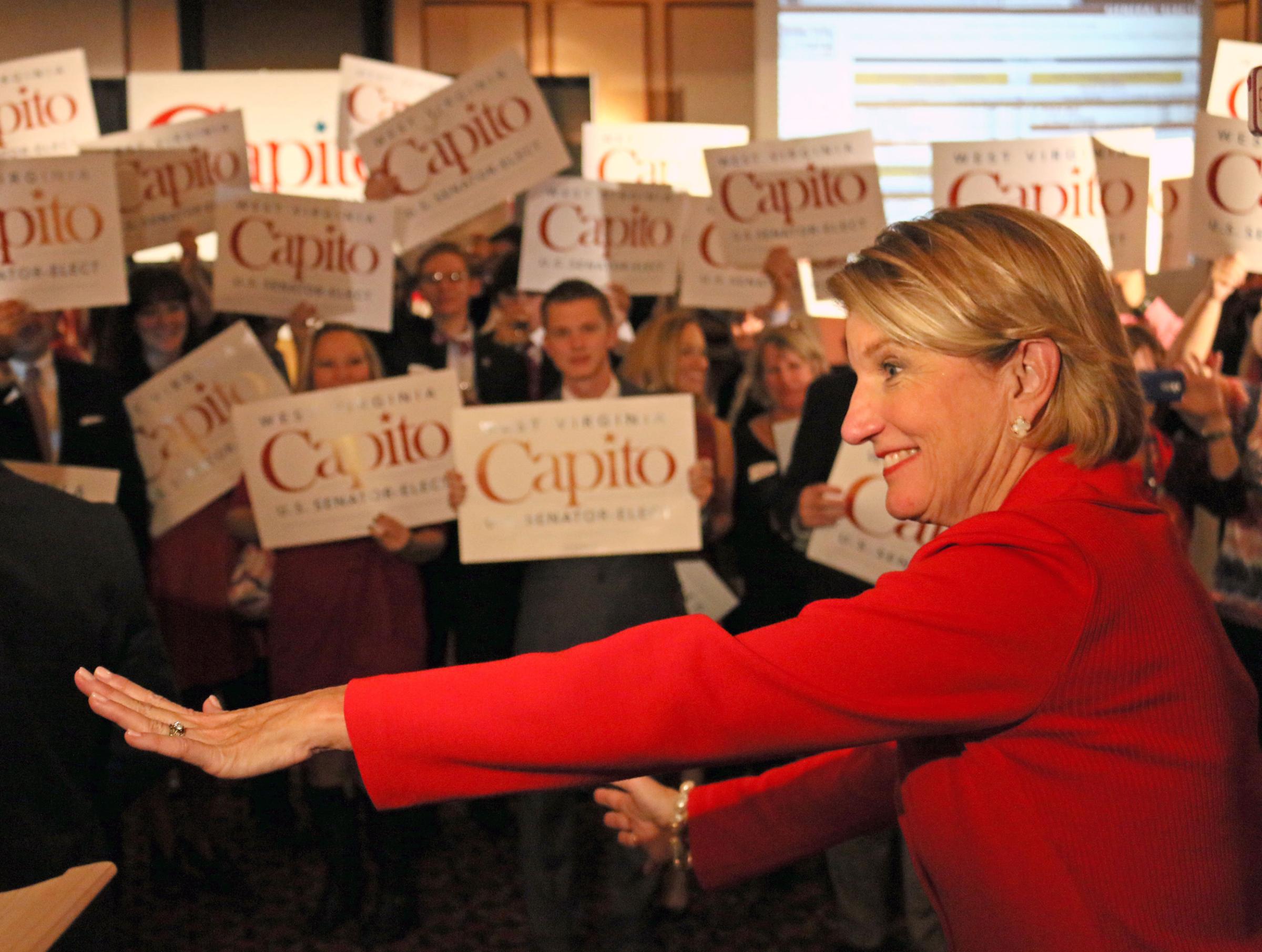
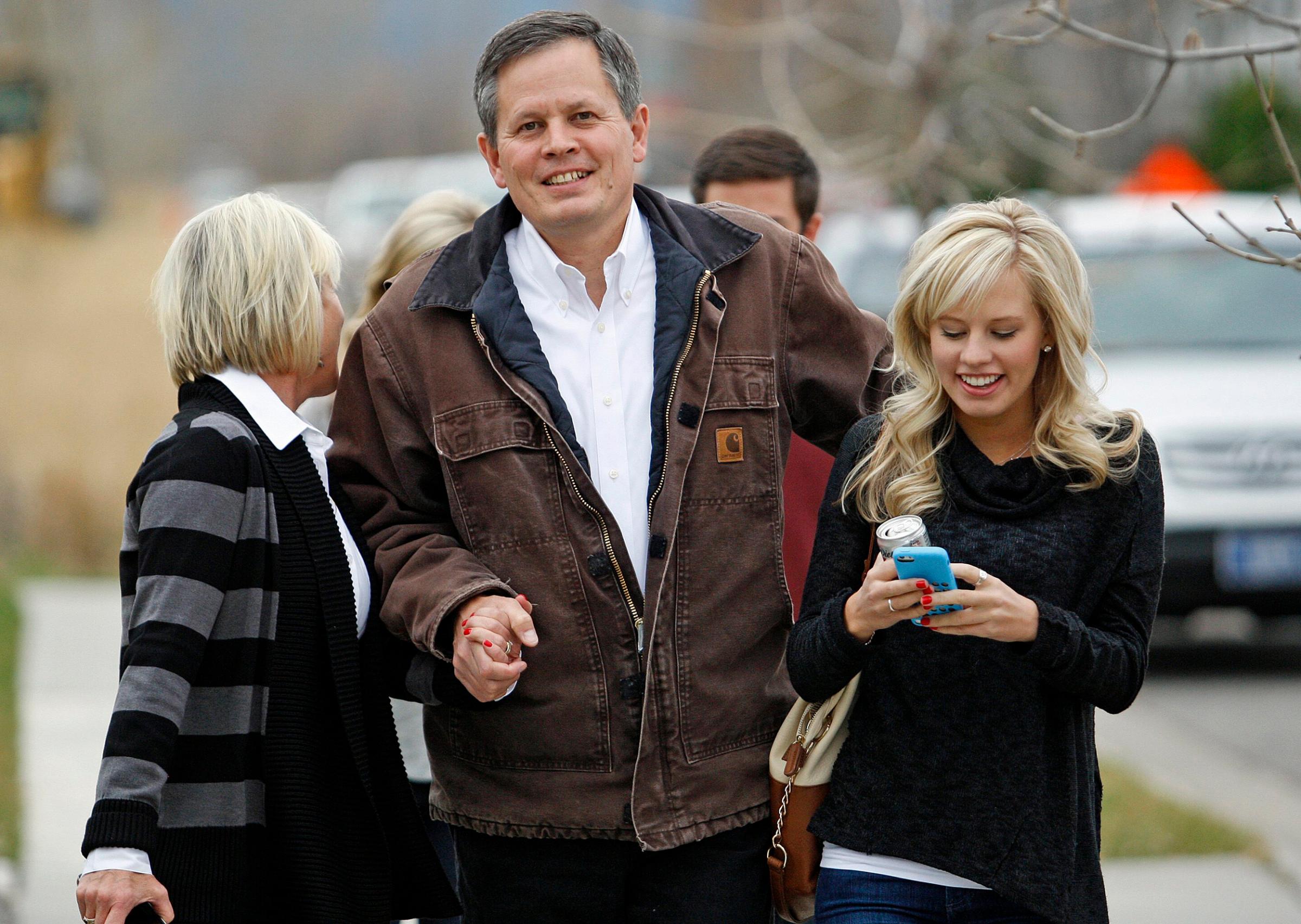
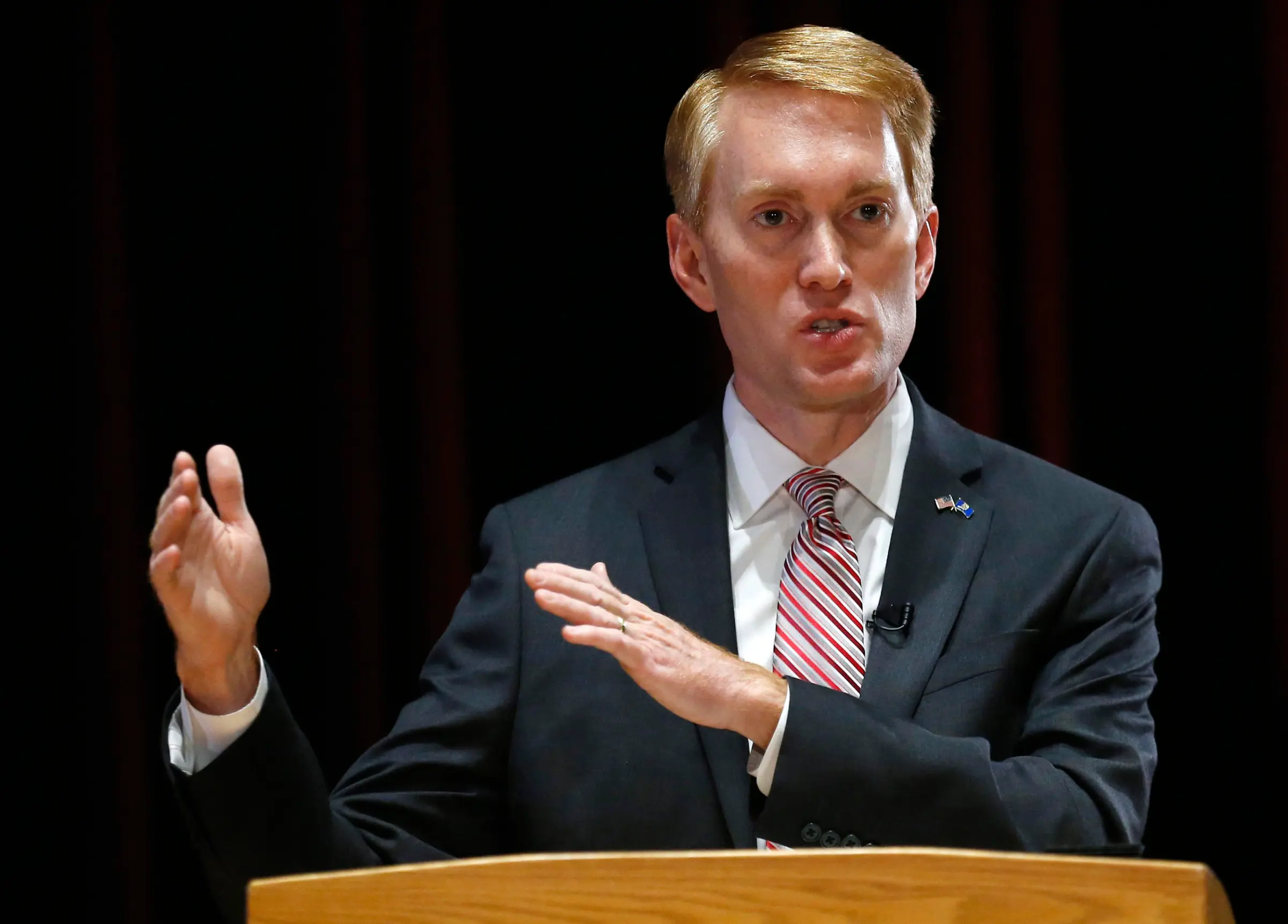
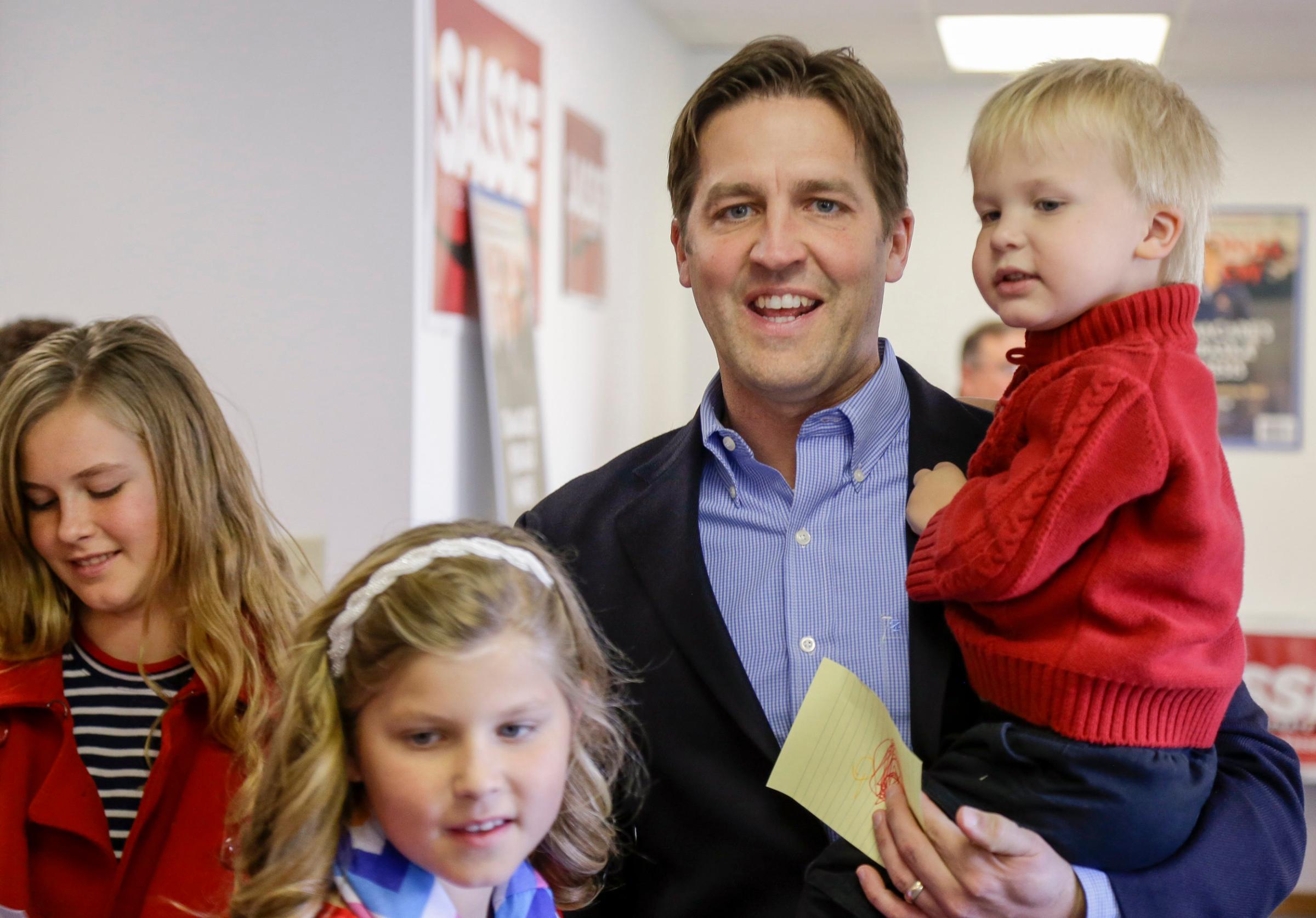
“If you go back to the Missouri polls, you’ll see the big swing after those remarks,” says Sides. “None of the purported gaffes this cycle—not [Iowa Democrat] Bruce Braley’s, not any Senate candidate’s—have had that large of an effect.”
Of course, there were some notable Republican gaffes this cycle. Iowa candidate Joni Ernst flirted in her primary with some United Nations conservative conspiracy theories and Obama impeachment, talk she dismissed during the general election. There were also two candidates seen as insufficiently local—Kansas Republican Sen. Pat Roberts and Brown—who had some embarrassing flubs. Roberts and his campaign repeatedly fanned the fire sparked by a New York Times report that he doesn’t own a home in Kansas. (“Every time I get an opponent—I mean, every time I get a chance, I’m home,” he said in a July radio interview.) Brown, a former Massachusetts senator, had some difficulty placing a New Hampshire county during a debate (although the moderator who pressed him later apologized) and interchanged the two states back in December.
But it’s notable that Sides mentioned Braley, a Democrat, in considering the biggest gaffes this cycle. NRSC Political Director Ward Baker said the group began their three-day media sessions early—in March 2013—before candidates even announced they would enter their races. The NRSC researched the candidates’ backgrounds and asked them about everything from their property taxes to potential red flags found on their Facebook profile pages. (They reportedly spent $250,000 on researching Democrat and Republican candidates in 2013.) The NRSC showed candidates polling data on what’s important in their state and then put them on camera and played them their response to hone their messages.
“[We] ran them through the ringer,” said Baker. “I mean it was pretty tough.”
The NRSC also showed once a day a “blooper film” of other candidates’ inappropriate responses to trackers. “I believe in repetition,” said Baker. “Some of our candidates have been through media training and met with our debate team and media trainers 15 to 20 times.”
Referring to Braley’s slip-up this year, Baker noted with pride: “Well none of our candidates have said that they wouldn’t want Chuck Grassley to Chair [the] Judiciary [Committee] because he’s a farmer.”
More Must-Reads from TIME
- Caitlin Clark Is TIME's 2024 Athlete of the Year
- Where Trump 2.0 Will Differ From 1.0
- Is Intermittent Fasting Good or Bad for You?
- The 100 Must-Read Books of 2024
- Column: If Optimism Feels Ridiculous Now, Try Hope
- The Future of Climate Action Is Trade Policy
- FX’s Say Nothing Is the Must-Watch Political Thriller of 2024
- Merle Bombardieri Is Helping People Make the Baby Decision
Contact us at letters@time.com